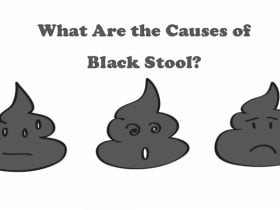Calcium is the most abundant mineral found in the human body and performs several important functions. The lack of calcium in the body also called hypocalcemia, usually does not cause any symptoms in the early stages. However, as the condition worsens, various signs and symptoms may begin to appear, such as bone weakness, tooth problems, or heart palpitations. In addition, when the body does not receive enough calcium, diseases such as osteopenia [1], osteoporosis, or rickets, for example, may also start to appear. Calcium is a fundamental mineral for the proper functioning of the body, mainly for the functioning of the nervous system and bone health, and is present in various foods such as yogurt, milk, cheese, spinach, tofu, and broccoli, which must be consumed daily to maintain an adequate amount of calcium in the body. Symptoms related to the deficiency of this nutrient in the body are:
Muscle Problems/Spasm

Muscle pain, cramps [2], and spasms are early signs of calcium deficiency. The presence of this problem can also be indicated by pain in the hips, arms, in the armpit area when walking and other movements; numbness and tingling in the hands, feet, feet, around the mouth. This is because calcium helps regulate muscle contractions. Numbness occurs due to low calcium levels in the blood and a malfunctioning nervous system. This occurs most often in severe cases.













